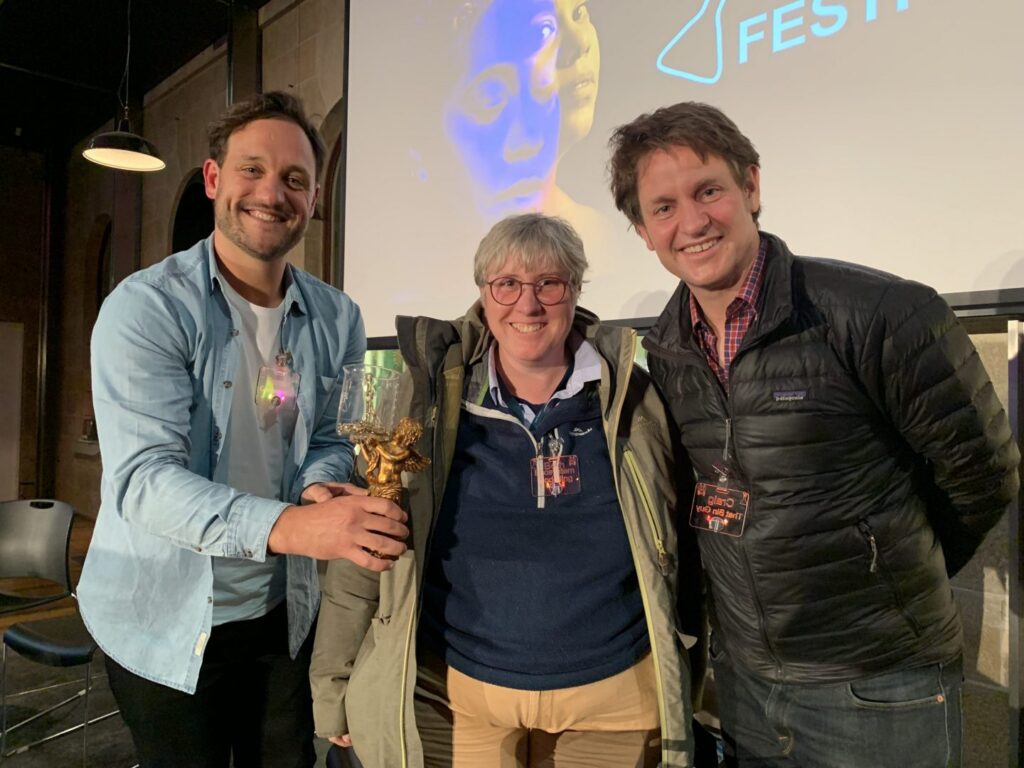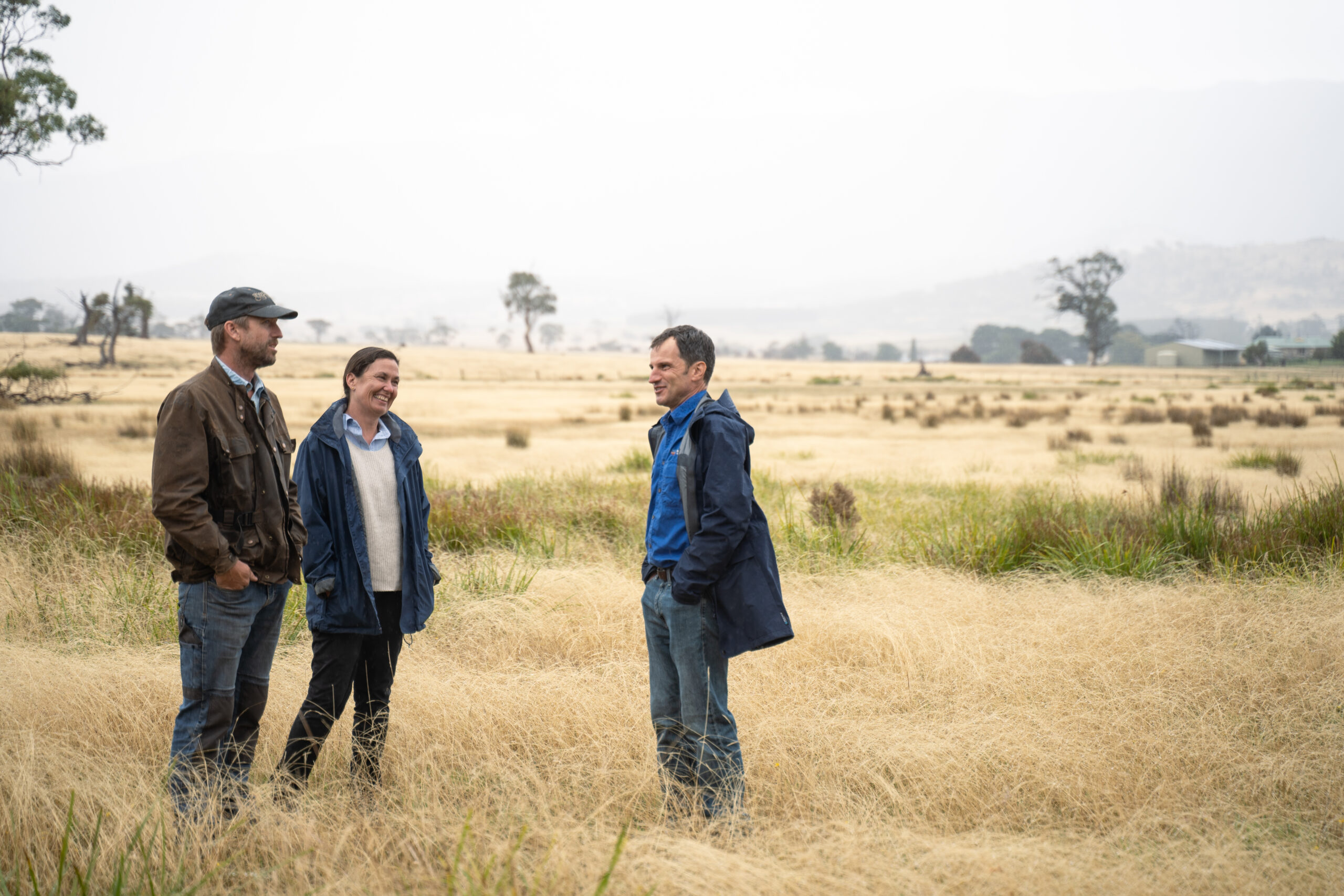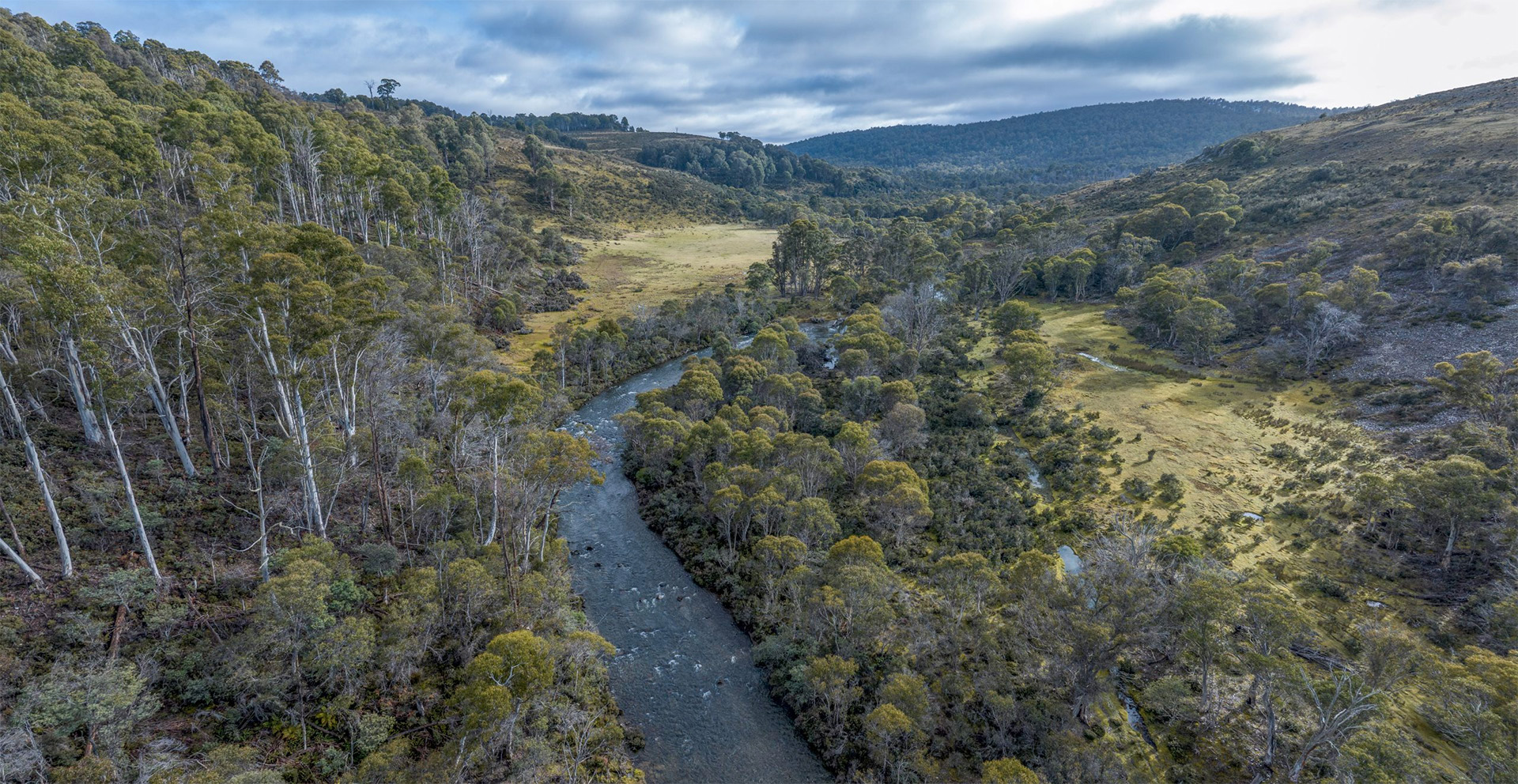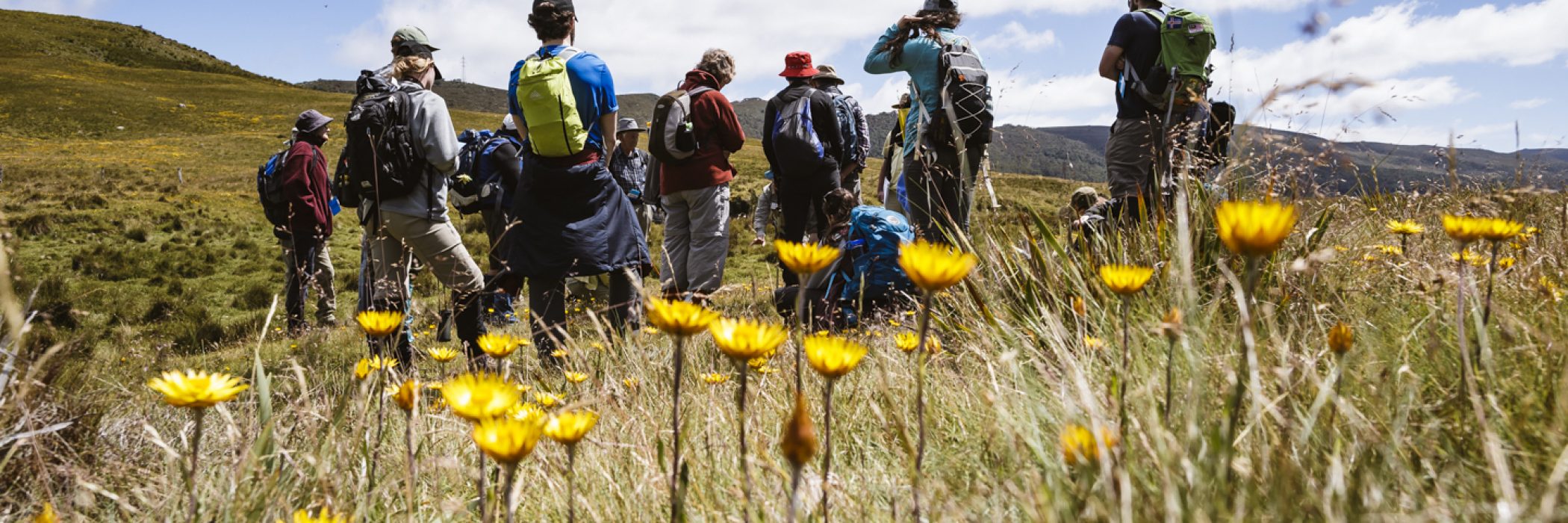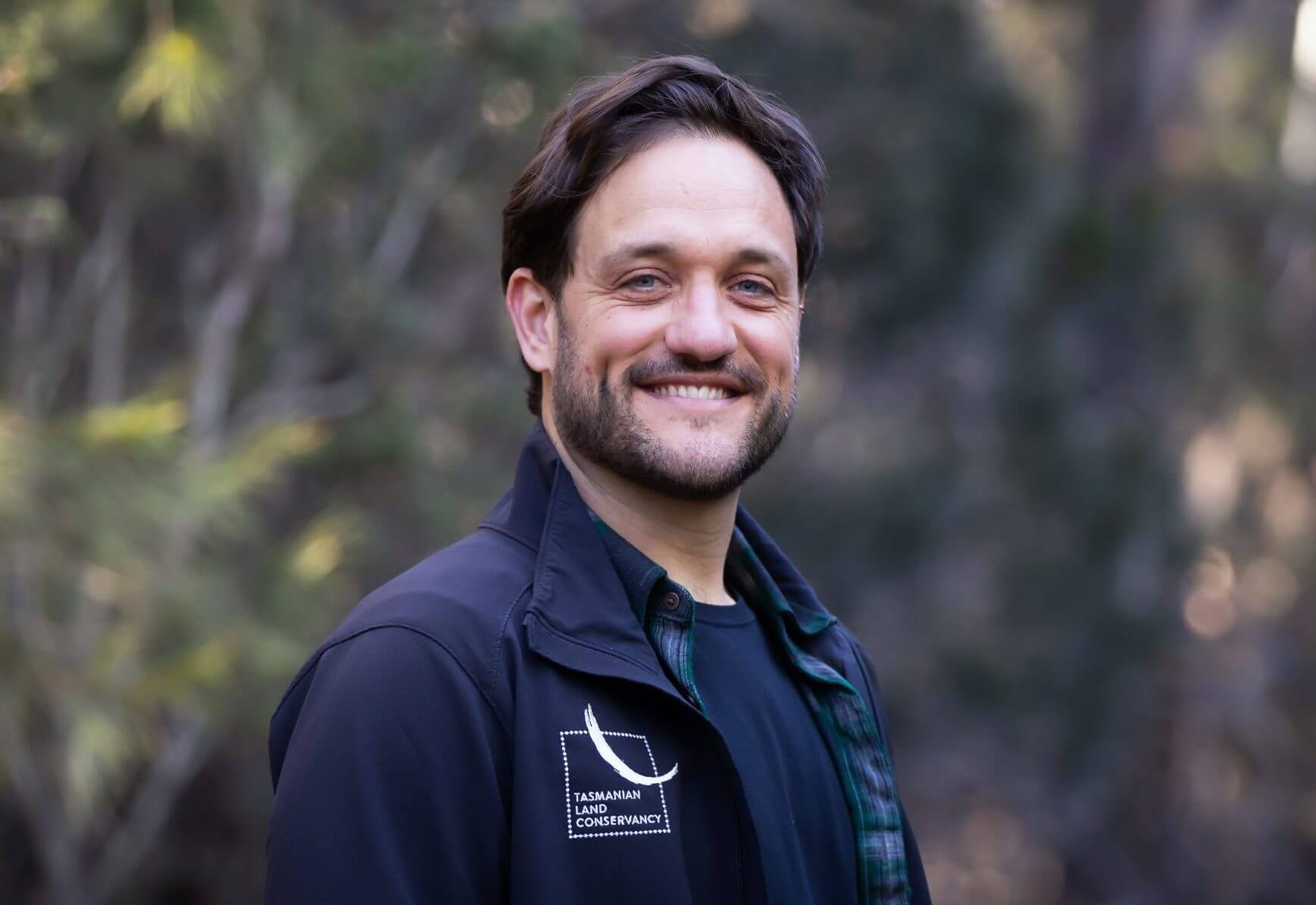Does individual action matter?
On 6 August, Beaker Street Festival hosted their great debate in Hobart. The topic was, ‘Your Keep Cup won’t save you!’.
Are you deluding yourself by thinking your individual actions can save the planet? Isn’t personal responsibility a con when corporations and governments are the biggest culprits and the biggest drivers of real change?
Or can individual action and personal responsibility be galvanising forces for good? From little things big things grow, we’re all in this together, reduce, reuse, and recycle your way to a revolution … right?
Along with TV presenter Craig Reucassel and Professor Beth Fulton from CSIRO, I argued that individual actions are important in saving the environment. You can listen to the whole debate or read my contribution below.
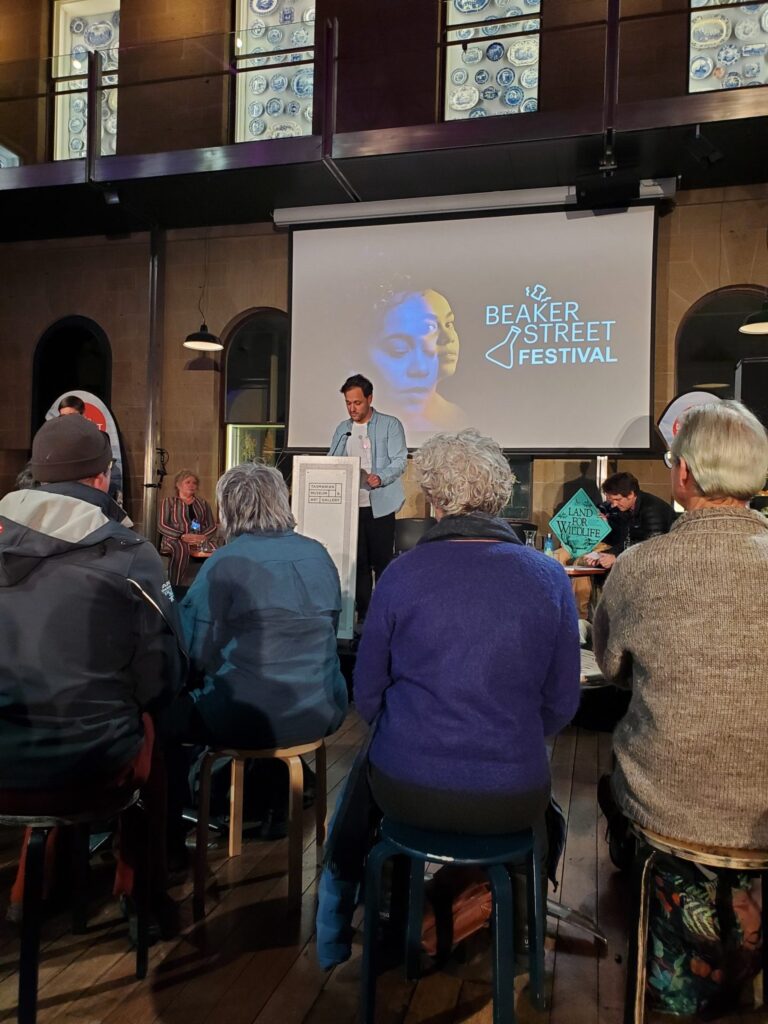
Psychology tells us that every day, whether you realize it or not, you are making decisions on how to spend your time, what to pay attention to and where to direct your energy. Right now, you have chosen to be here…. But why? There are countless other things you could be doing. Maybe in a minute, you decide you need another drink, or someone texts you and you reach for your phone. When those things happen, you are making a simple, values-based decision: your phone (or that beer) is more valuable than listening to me…
Our values inform our behaviours, driving our actions and shaping our social norms.
I can tell people that I care about climate change, but if I spend my days driving around in a fuel-guzzling 4WD, then my actions tell a different story.
ACTIONS DON’T LIE.
But do these actions even MATTER? … Some argue they are simply a fashionable crusade without genuine commitment.
I’m going to share two examples why it DOES MATTER.
Tasmanians love a bumper sticker – born out of the ‘No Dams’ sticker in the Franklin campaign. The act of putting a sticker on your car is a call to arms, of solidarity to a cause and clear example of the collective driven individual action.
When I was back at high school in Victoria in the early 2000s, I remember noticing a ‘Save Recherche Bay’ sticker on my outdoor ed teacher’s banged up Subaru… I had no idea where Recherche Bay was?
That sticker started a conversation and I followed the campaign as I went off to university and was introduced to the organisation that one day I would work for.
Did John’s sticker save Recherche Bay? Of course not, but did it contribute to collective community-led action which protected it? 100%, it did.
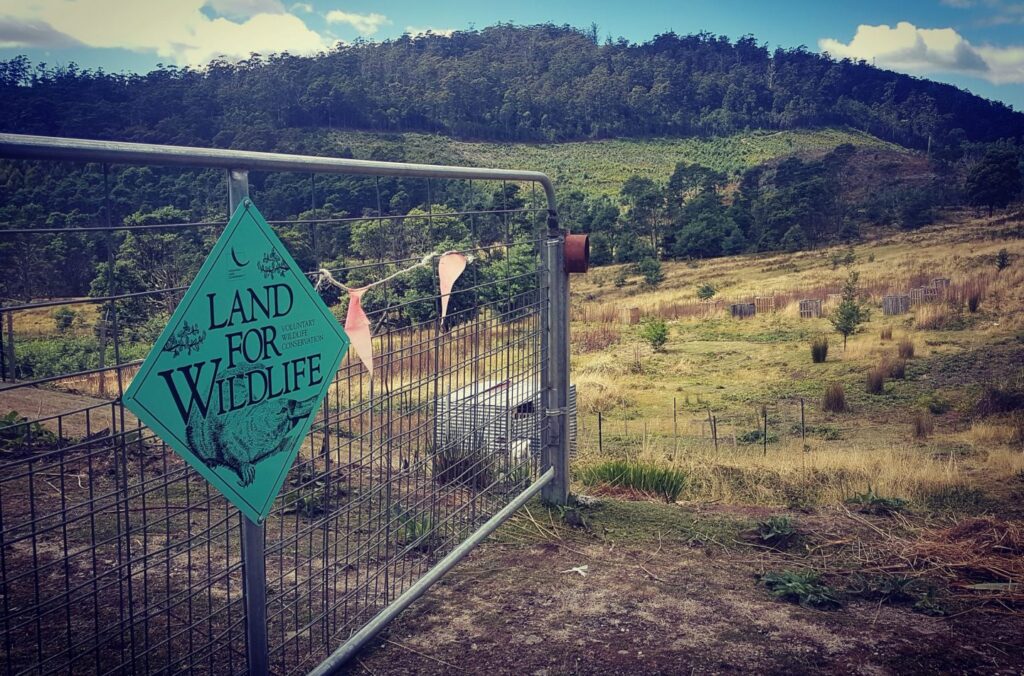
My second example is a simple triangular green sign that is pinned to gates all over Australia.
The Land for Wildlife sign is a symbol of a landholder’s commitment to conservation on their property. We know that as soon as a sign goes up, it starts a conversation with neighbours…. And quickly the entire neighbourhood is decorated with green signs.
Last week I visited a 2ha property of a delightful couple James and Collin… the property next door had been clear-felled, and they felt helpless until that sign went up.
Will that 2ha protect all our threatened species from extinction? No, it won’t.
But when you zoom out and add James and Collin to the 25,000 other Land for Wildlife landholders across Australia, conserving more than 2.4m ha land, they are making an important contribution.
We are more than human BEINGS, being told what to do and what to think.
People like James and Colin are humans actually DOING: through each action we drive collective contributions and behavioural change. We motivate active participation in civil society where individuals take responsibility for societal challenges.
An individual’s actions are expressions of self, pillars of purpose, creators of community and drivers of change. So go on, grab your keep cup, jump in your bumper-sticker laden EV, drive out the front gate past the land for wildlife sign and head to the local reserve to pull a weed, plant a tree and share a cuppa with a friend.
These actions will influence the world of tomorrow, as they always have and always will.
